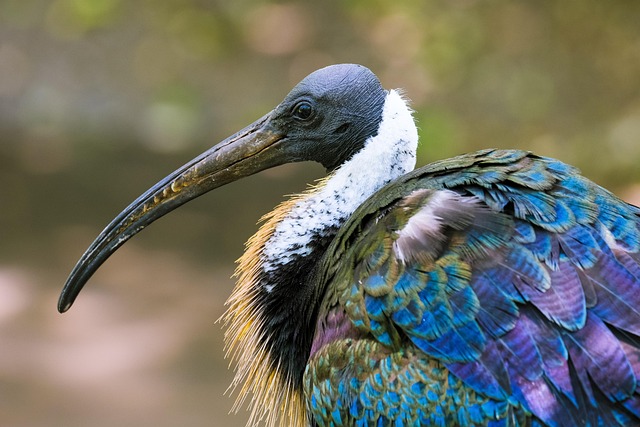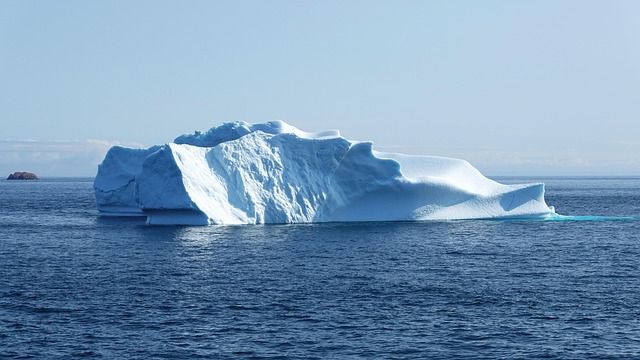The stark realities of climate change are becoming increasingly visible, and its effects ripple through ecosystems worldwide. Among the most vulnerable inhabitants of our planet are spiny-skinned animals, a group emblematic of the intricate balance of oceanic environments. These creatures, which include various echinoderms like sea urchins and starfish, serve as essential players in marine ecosystems. Yet, as our climate shifts and water temperatures rise, these resilient beings are facing unprecedented challenges.
As the oceans grow warmer, spiny-skinned animals are compelled to adapt to rapidly changing conditions. Many rely on specific habitats that are vulnerable to temperature fluctuations and increasing acidity caused by oceanic carbon absorption. For example, sea urchins, known for their tough spines, find themselves in a precarious situation as their algal food sources dwindle due to coral reef bleaching and the destruction of kelp forests. This disruption alters their feeding patterns and, ultimately, threatens their survival.
The health of spiny-skinned animals is also indicative of broader environmental changes. A decline in their populations can signal the degradation of marine ecosystems that support diverse marine life. As their numbers dwindle, the intricate food web that supports not only these animals but also larger predators is put at risk, leading to a ripple effect throughout the oceanic food chain. It emphasizes the interconnectedness of life in our oceans and highlights the urgent necessity to confront climate change.
Moreover, the plight of spiny-skinned animals is a poignant reminder of our own vulnerability in the face of environmental change. As the planet warms and our weather patterns become increasingly erratic, humanity must acknowledge that we are not separate from nature but rather a part of this complex web. The extinction of species can lead to unforeseen consequences that affect humans, including changes to the livelihoods of those who depend on fishing industries and tourism.
As stewards of the Earth, we are called to innovate and respond to these challenges head-on. By investing in sustainable practices and policies, we can work towards protecting the habitats that spiny-skinned animals and other marine life depend on. Conservation efforts, research funding, and awareness campaigns are essential in safeguarding these creatures that play a crucial role in maintaining marine ecosystems.
The world is changing, and spiny-skinned animals are bearing the brunt of these transformations. Their struggle for survival serves as a wake-up call for all of us. If we do not act decisively to mitigate climate change and protect our oceans, we risk not only the lives of countless species but also the future of our own existence. The message is clear: adapt or succumb to the inevitable consequences of our changing environment.




